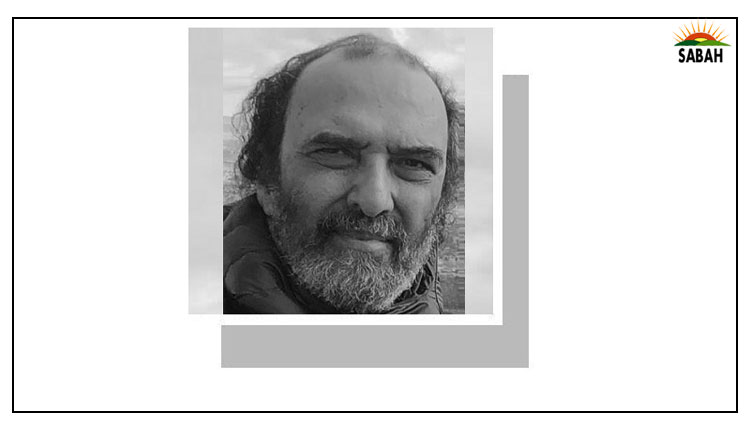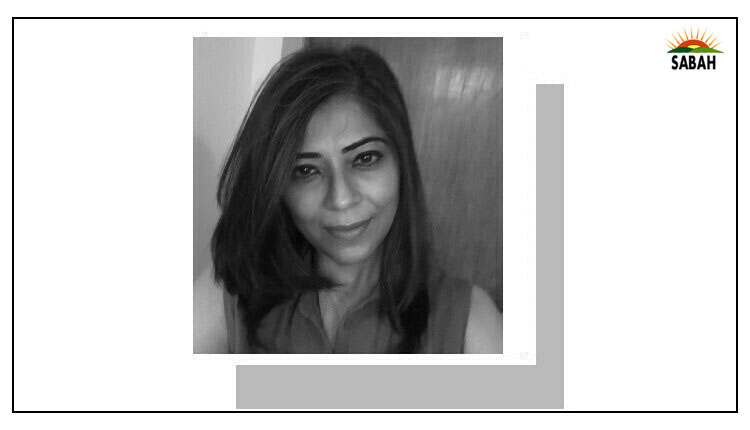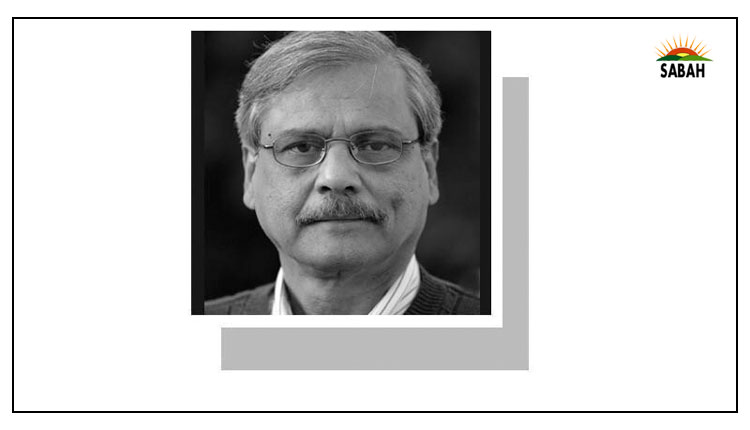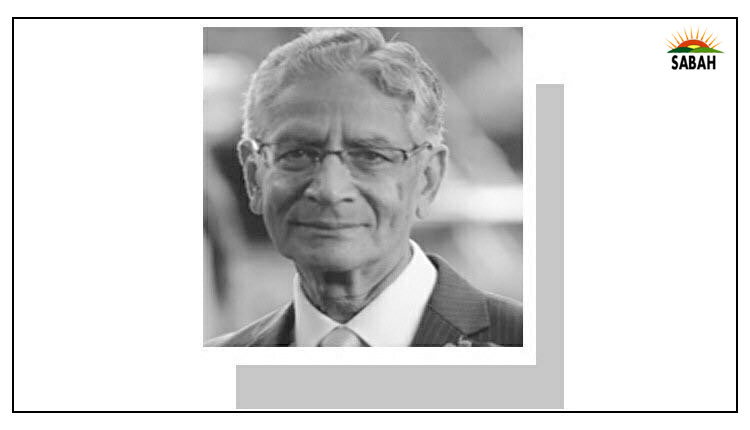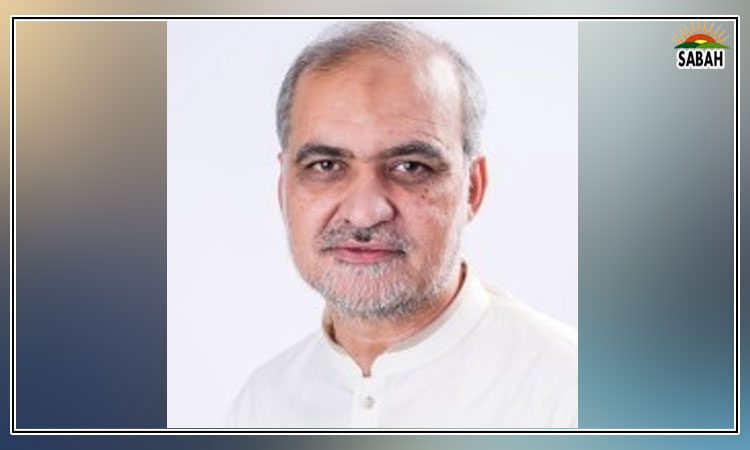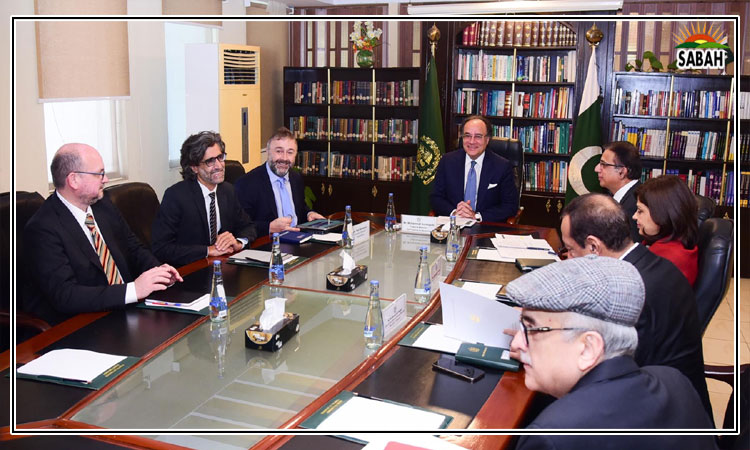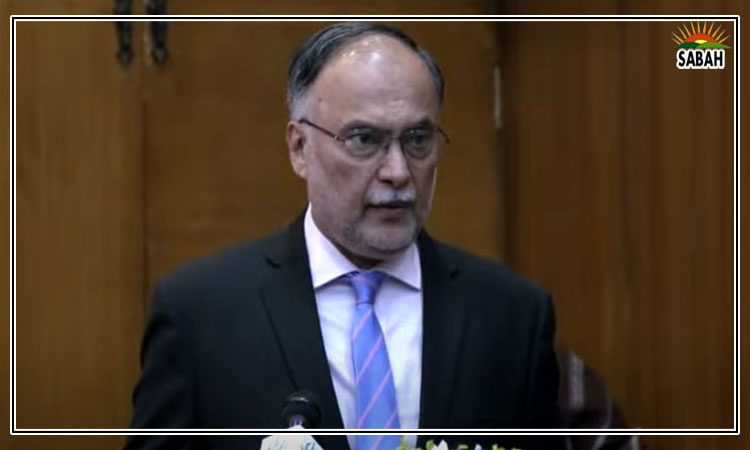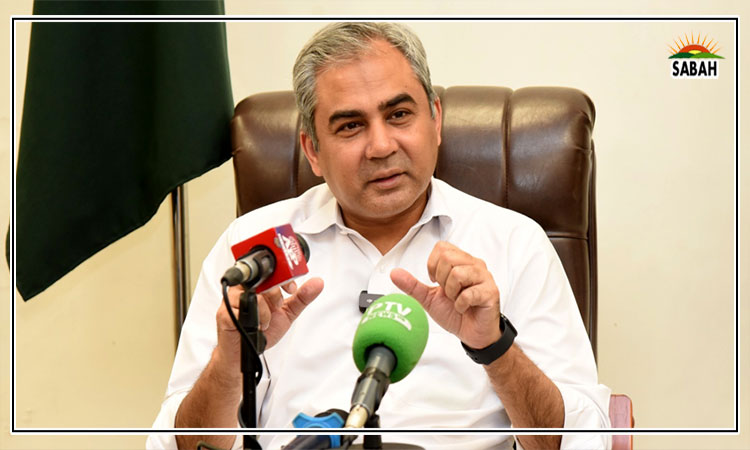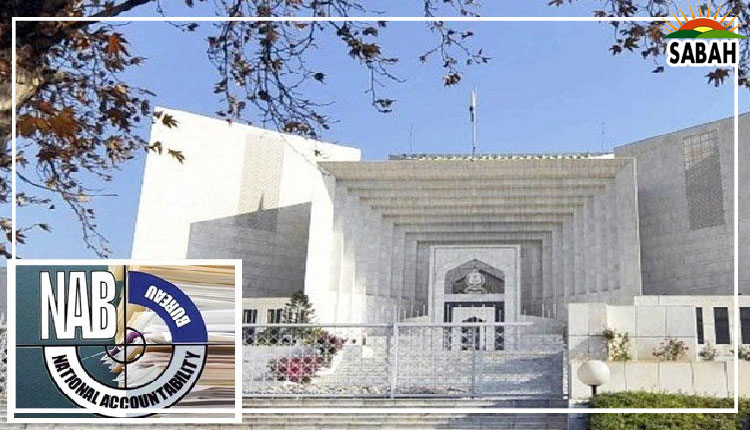Why armed forces kept out of NAB law while they hold all biggest businesses in the country: Justice Syed Mansoor Ali Shah
ISLAMABAD, Oct 19 (SABAH): Supreme Court judge Justice Syed Mansoor Ali Shah wondered why former prime minister and Chairman Pakistan Tehreek-e-Insaf (PTI) Imran Khan while challenging amendments in NAB law didn’t object to exclusion of armed forces from the National Accountability Bureau’s (NAB) jurisdiction as they held biggest businesses in the country.
“You could have said that NAB law is discriminatory in nature,” he remarked as a three-judge bench of the apex court led by Chief Justice of Pakistan Justice Umar Ata Bandial and comprising Justice Ijazul Ahsan and Justice Mansoor Ali Shah resumed the hearing against recent amendments to National Accountability Ordinance (NAO) 1999. Counsel for former premier Imran, Khawaja Haris Ahmad said that army officers who are associated with any business entity are not exempted from NAB jurisdiction.
Raising questions on the maintainability of the petition, Justice Syed Mansoor Shah again asked Imran’s counsel how the apex court could design the law, adding that it is Parliament’s job to discuss what kind of law on accountability should be framed. “Tomorrow someone may approach the Supreme Court of Pakistan for holding death sentence in the offence of assets beyond,” he added.
Justice Shah also questioned whether accountability only meant the existence of NAB law. “An impression is being given that there would be no accountability after these amendments,” he added. However, Justice Ijazul Ahsan noted that the offence of misuse of authority is only mentioned in NAB law.
Khawaja Haris responded by saying that offences related to misuse of authority and assets beyond means could not be tried after these amendments. He said that under the new law, the NAB should first establish that the accused person in exercise of misuse of authority got financial gains.
However, the PTI counsel supported the NAB law amendments to limit the duration of remand as well as including the bail provision to the accused in the law.
Justice Mansoor Ali Shah remarked that according to the NAB law, judges do not have immunity, saying that if there is any veil regarding the judges, it is a different matter.
Justice Ijazul Ahsan said, “Is there anybody else who has not been exempted from the NAB law. The decisions of the Chairman and Vice Chairman of Tehsil Council have also been exempted.”
Justice Mansoor Ali Shah remarked, “Apparently the officers have been given the freedom to take the decisions of government officials.”
Khawaja Haris said, “In the past, more than eight billion were collected from such decision-makers.
Justice Mansoor Ali Shah inquired, “Whether the recovery was done by government officials. Khawaja Haris replied that there is recovery from those who extort money from government officials.”
Justice Mansoor Ali Shah remarked, “Every government decision benefits some section or the other. It is wrong not to take action against him, now NAB cannot lay hands on any regulatory authority and government company. Through the NAB amendments, the crimes of assets in excess of income and misuse of powers were eliminated.”
Chief Justice remarked that more assets than income is not enough, corruption or dishonesty in assets is also necessary.
The Chief Justice remarked, “You are linking individual benefit with the rights of the society. What will happen if the case goes to other forums? The important question is how the NAB Act is detrimental to the public interest.”
The lawyer replied, “Our objection is on the application of the previous NAB law.”
Later, the Supreme Court adjourned the hearing on PTI’s petition against the recent amendments in the NAB amendments till Monday.


